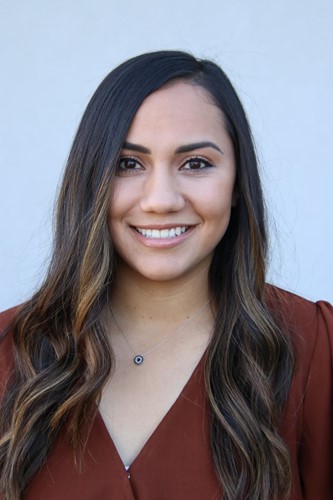We Work Closely With You And Your Family To Understand Your Concerns.
Our Physical Therapists are skilled specialists in the treatment of movement dysfunction and improving or restoring strength, coordination, balance, mobility and functional abilities in infants, adolescents and teens. We are highly skilled in the evaluation and treatment of a diverse variety of diagnoses.
Children’s Physical Therapy Services
At Connections, we offer treatment for the following.

Premature and High Risk Infants
Birth to age three infant and toddler motor development.

Developmental Disabilities
Including Autism, Developmental Disorder, Cerebral Palsy, Developmental Delay, Epilepsy.

Injuries
Sports and other injuries, including hip, leg, knee, ankle and foot injuries.

Head Trauma
Traumatic Brain Injury and Concussion - IMPACT - The only FDA cleared concussion assessment for ages 5-59.

Neuromuscular and Orthopedic Disorders
Including Amputation - orthotics and prosthetics management, Cerebral Palsy, Juvenile Rheumatoid Arthritis, Spinal Muscle Atrophy, Muscular Dystrophy and Scoliosis, Spinal Cord Injuries, Joint Deformities.

Pelvic Floor Dysfunction
At Connections, we have a physical therapist who specializes in evaluating and treating pelvic floor dysfunction in children. This dysfunction can result from weak or tight pelvic floor muscles, muscle incoordination, poor toileting habits, and more. Physical therapy is an effective and non-invasive approach for children with a pelvic floor dysfunction and will help them regain better control of their bodies.
Meet our Pelvic Floor Therapist
Meet our Pelvic Floor Therapist: Nancy Hernandez, PT, DPT

Nancy Hernandez, PT, DPT grew up in Idaho Falls and completed both her undergraduate and graduate studies at Idaho State University. Nancy is compassionate and understanding to women who struggle with pelvic floor issues and is excited to build relationships with her patients while getting them back to their lives with confidence.
Nancy can provide a thorough evaluation and will develop an individualized treatment program specific to your problems and functional goals. Depending on diagnosis, these treatments can include:
- strengthening or stretching for pelvic floor or surrounding muscle groups (abdomen, lower back, hips, etc.)
- biofeedback to help strengthen or relax the pelvic floor
- electrical stimulation for strengthening or relaxation
- relaxation techniques/deep breathing exercises
- manual therapy
- modalities (hot/cold therapy)
- patient education
- coordination exercises

